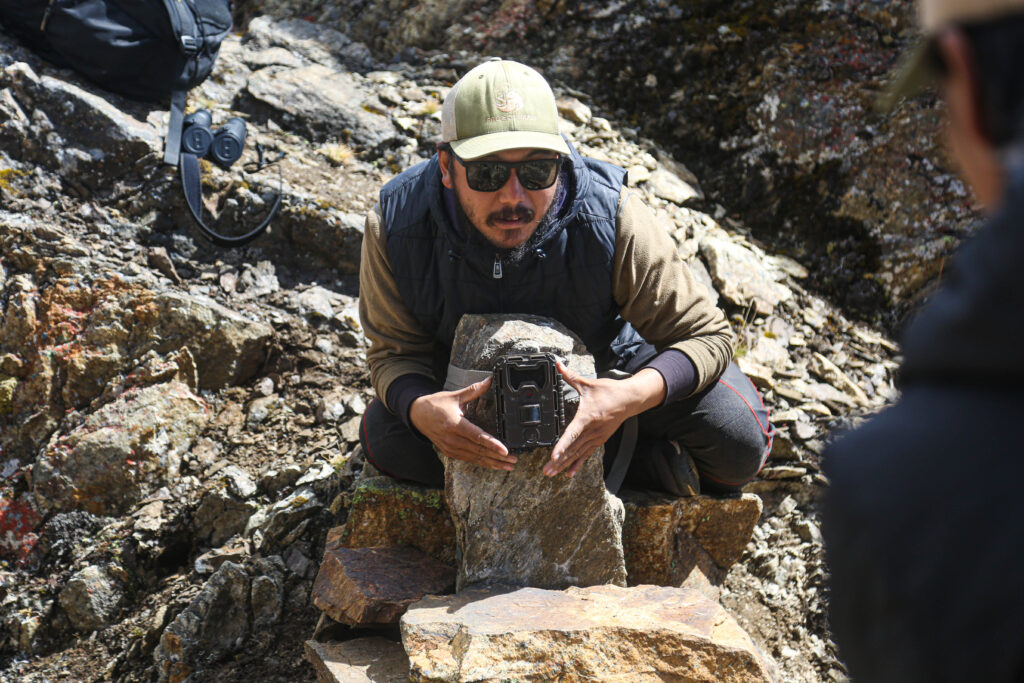
In recognition of his dedicated efforts in wildlife and biodiversity conservation, Rinzin Phunjok Lama, founder and Principal Investigator of UKALI, has been nominated as one of the finalists for the prestigious Future for Nature Award 2024. This esteemed accolade acknowledges the exceptional contributions of conservationists, and Rinzin Lama stands among six others who have demonstrated outstanding commitment to preserving our planet’s biodiversity.
The entire UKALI team takes immense pride in extending congratulations to Rinzin Lama for this remarkable achievement. His visionary approach towards institutionalizing community-led biodiversity conservation in the Upper Karnali region of Nepal is commendable. Rinzin Lama founded UKALI in 2021, an initiative dedicated to promoting sustainable human-wildlife coexistence through citizen science, community engagement, livelihood diversification, and leadership development.
Should Rinzin be honored with the Future for Nature Award, the ensuing funds will be directed towards enhancing the institutionalization of community participation in species conservation and climate change adaptation. His focus will be on advocating for Other Effective Area-Based Conservation Measures (OECM) in Humla, Upper Karnali—the largest non-protected landscape in Nepal. This area holds great significance for globally threatened species, including the snow leopard, Kashmir musk deer, and Himalayan black bear, among others.
Rinzin Lama’s dedication to conservation and the holistic vision and philosophy of UKALI underscore the urgency and importance of community-led initiatives in safeguarding our natural heritage.
For more information about the Future for Nature Award 2024 and the nominees, please visit Future for Nature Award 2024 Nominees.

The Upper Karnali Landscape is the largest continuous non-protected area in Nepal, covering an area of about 6000 sq. km. It is remote and rich in biodiversity, providing an important basis for the rural economy. Agriculture is subsistence-based and supported by livestock husbandry since only 1% of the total land is suitable for farming. As a result, local communities are highly dependent on biodiversity for their livelihoods and income generation.